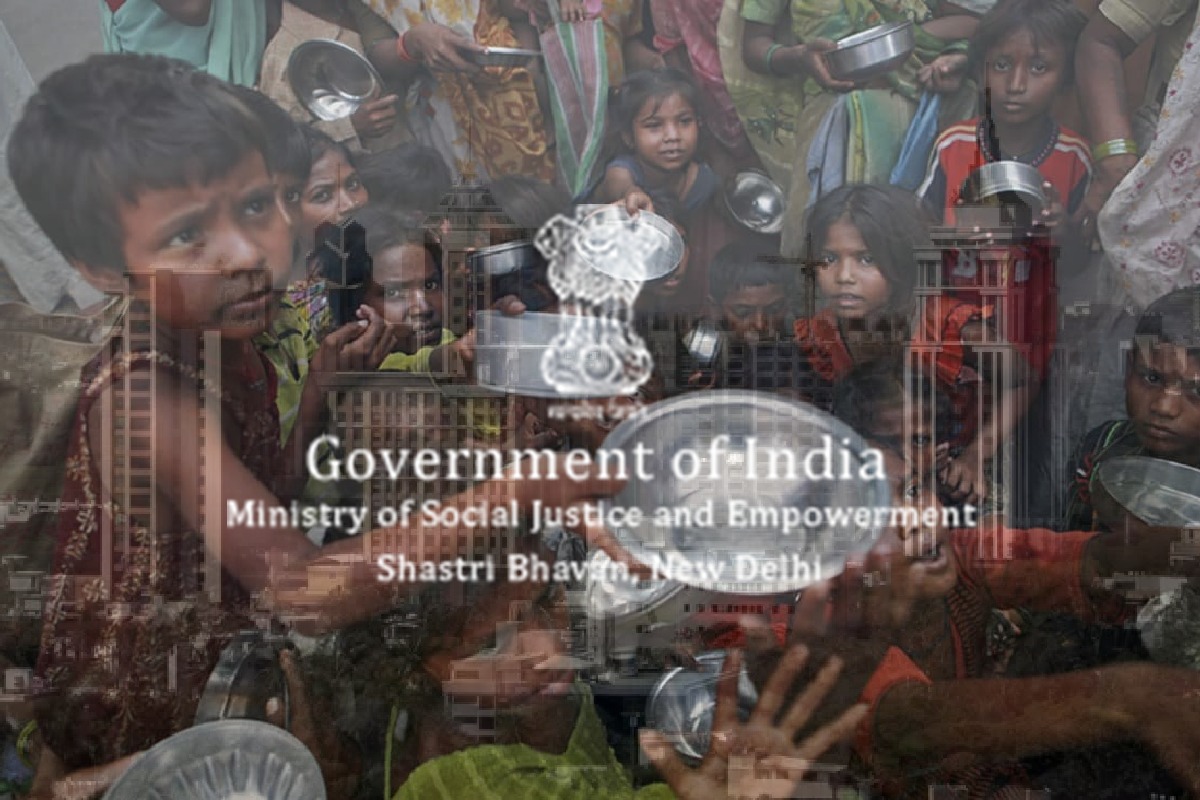

The Indian government is addressing this issue through the ‘Support for Marginalised Individuals for Livelihood and Enterprises’ (SMILE) sub-scheme under the Deendayal Antyodaya Yojana-National Urban Livelihoods Mission (DAY-NULM).

The Ministry is targeting the elimination of beggary hotspots by 2026, recognizing it as a social evil in India, particularly in urban areas. The 2011 census reveals over four lakh beggars in the country, with the highest numbers in West Bengal, followed by Uttar Pradesh and Bihar. Beggary signifies not only poverty, inequality, and exclusion but also serves as a source of crime, exploitation, and human trafficking. Organized gangs often abduct, maim, and coerce individuals into begging, including many children deprived of their rights to education, health, and protection.
The Indian government is addressing this issue through the ‘Support for Marginalised Individuals for Livelihood and Enterprises’ (SMILE) sub-scheme under the Deendayal Antyodaya Yojana-National Urban Livelihoods Mission (DAY-NULM). The scheme aims to make hotspots of beggary in 30 cities, especially those of religious, historical, or tourist significance, free of beggars by 2026. The initiative involves collaboration with religious trusts or shrine boards for the rehabilitation of beggars found in these locations.
This scheme adopts a holistic and humane approach, moving beyond the punitive measures of the past. It recognizes beggars as human beings deserving of dignity and respect, aiming to rehabilitate them through education, skill development, and employment, facilitating their reintegration into mainstream society. The scheme also prioritizes the identification, rescue, and restoration of child beggars, aiming to prevent their exploitation and abuse.
To enhance monitoring and implementation, the Ministry of Social Justice and Empowerment plans to launch a national portal and a mobile app by mid-February. These digital platforms will enable real-time updates on data regarding individuals engaged in begging. The purpose is to have a uniform survey and rehabilitation guidelines, working towards a ‘Bhiksha Vriti Mukt Bharat’ or a beggary-free India. The portal and app will function as a centralized system for authorities in selected cities to report progress in providing shelters, skills training, education, and rehabilitation for identified beggars.
Funds will be released to district and municipal authorities based on an action plan outlining steps, including surveys, resource mobilization, rescues, and relocations to shelters. The goal is to create a comprehensive strategy for effective implementation and successful eradication of beggary in the designated areas.